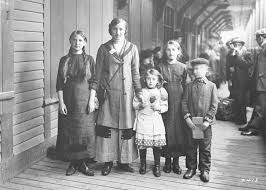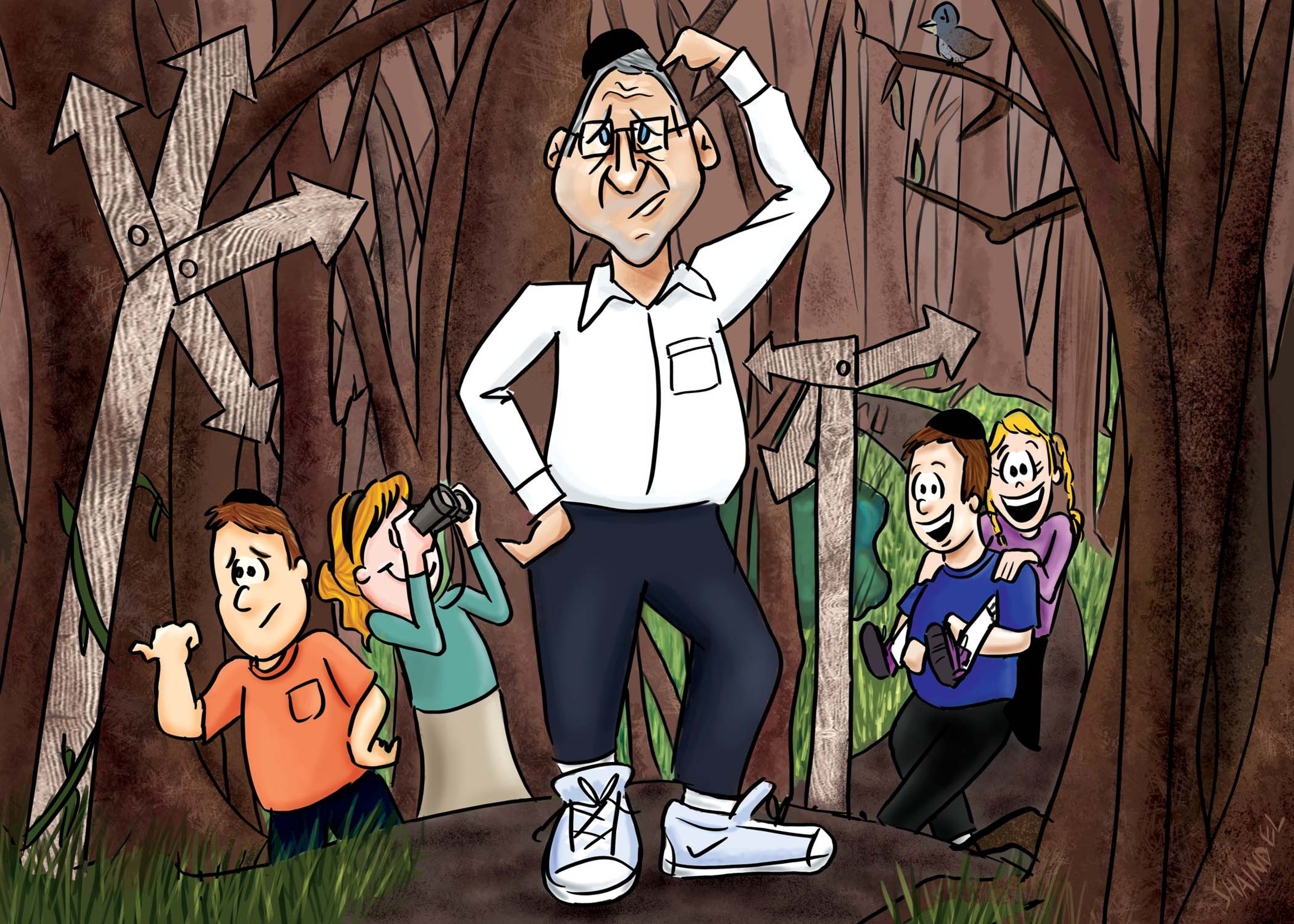Oy Vay, an Unchepenish

“Nu,” inquired a neighbor, “what is an “unchepenish?” He didn’t realize that asking me that question a few more times would turn him into an unchepenish! So what’s the explanation? Hare zich tsue (give a listen): An unchepenish means something that clings to you. In Yiddish we often do not translate words or phrases literally, so an unchepenish is an unwanted happening that can occur in an instant, such as an outbreak of hives or a fahrzetsteh (messed up) missionary.
Our holy Torah mentions 10 plagues that were cast upon the Egyptians. If an Egyptian could speak Yiddish (wouldn’t that be interesting!), when the plague of hail began, he would have his exclaimed, “Oy vay, another unchepenish!” The Egyptians had constant unchepenish episodes until they finally released us from slavery.











